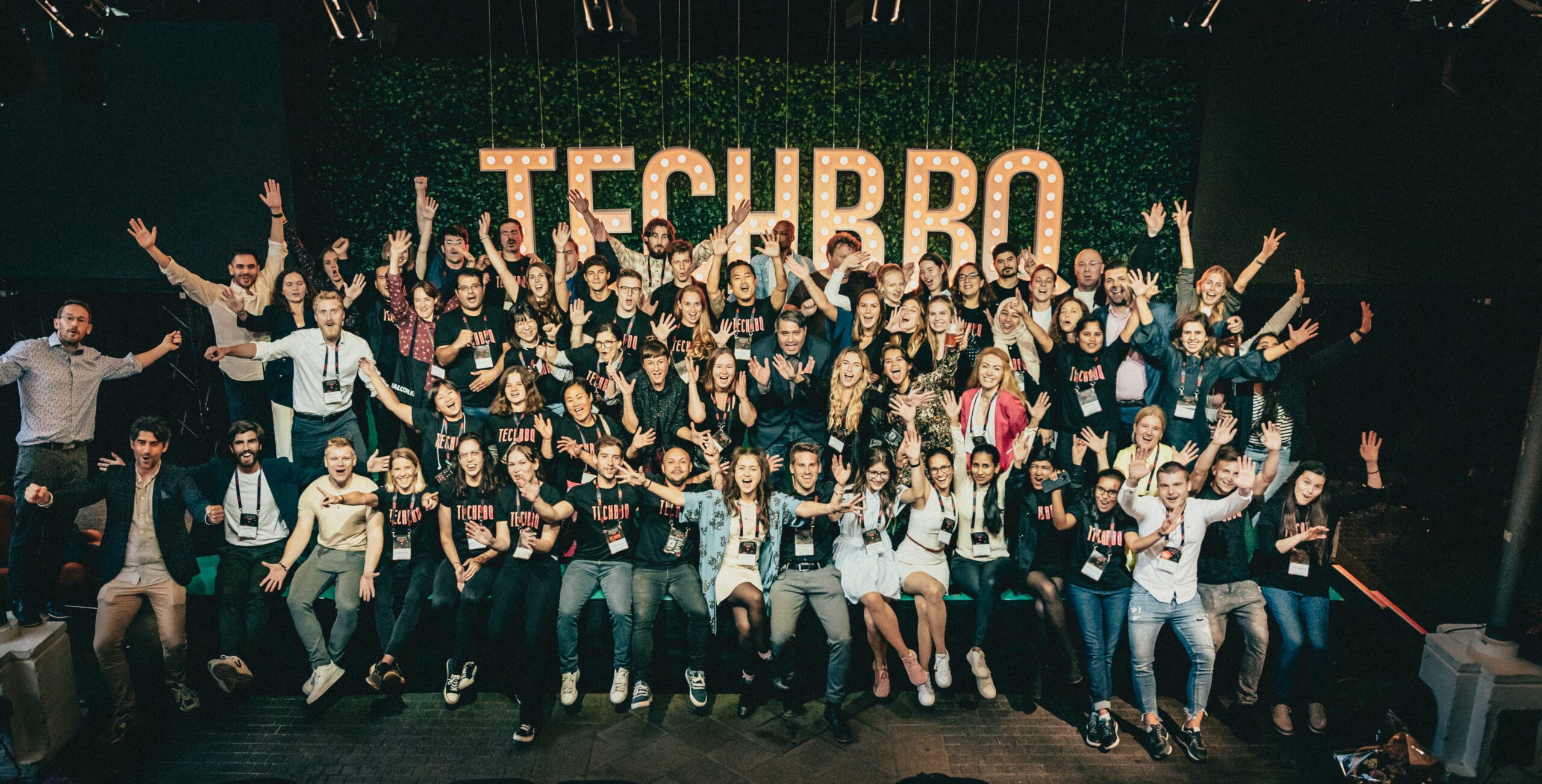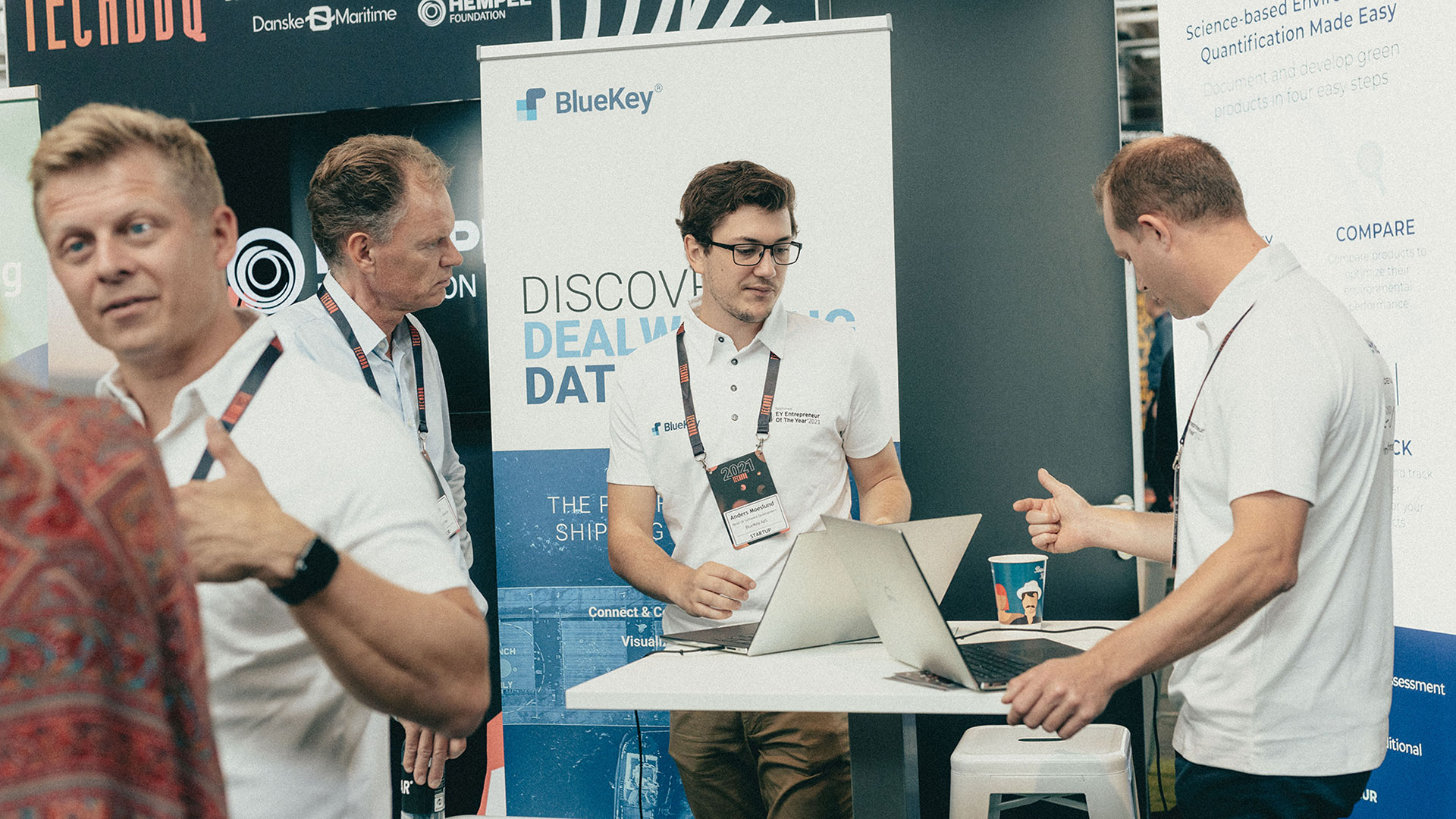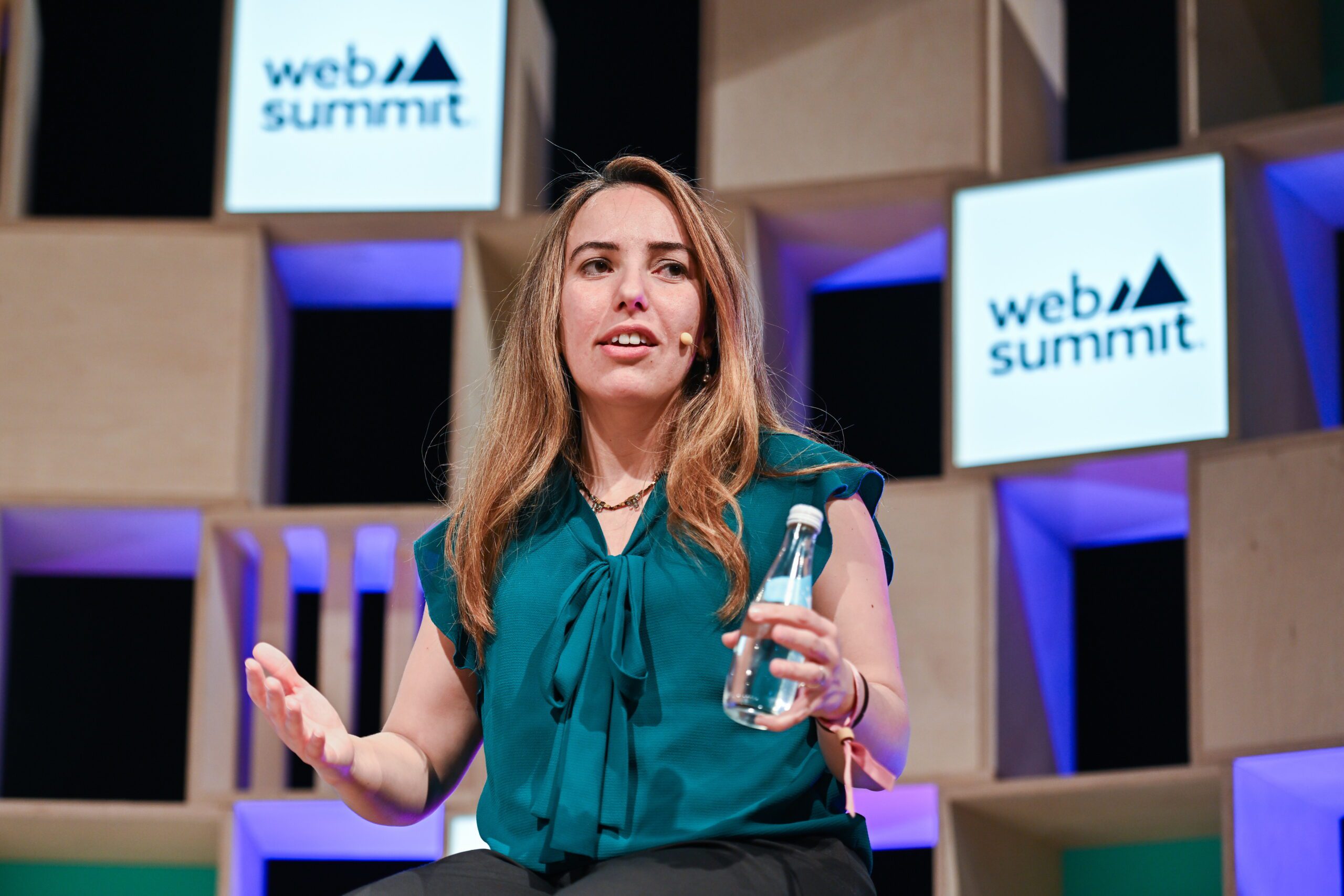
How Skytek helped TechBBQ keep the ‘office’ in “home office”
From our office culture to the very core of our vision, TechBBQ is meant to be synonymous with community. Faced with
Corti is building an AI-based system that helps doctors and nurses quality assure documentation and support consultation. Our solution gives more time to patients by removing dull workaround engagements.
Building something that reduces disparity. Corti’s vision is that every person on earth would have access to medical expertise. True fact is that we are lacking millions of doctors and it is only getting worse. Our basic idea is to build AI from massive healthcare places like Copenhagen, creating data and structures then export a service that helps everyone get the care they need.
That’s what gets me up in the morning, somewhere, somebody on earth would get a little bit more time with a doctor or maybe a person who would be misdiagnosed would not be due to Corti.

Our artificial intelligence has a name just like Siri or Alexa, Audia. We hope that Audia will become a part of 100 million patient consultations a year, and cover a billion people who will engage via support.
We measure success based on how many people we reach & cover and what kind of width and breadth we can offer.
Authors note: Right now Audia can understand 35 different diseases from diabetes to opioids. To date, they have supported medics during over 12 million patient consultations.
Getting Audia to be part of primary care consultations or family doctors. We see our primary strength as being experts in emergencies. Now we are looking to take part in those everyday conversations you would have with your GP. Helping facilitate the dialogue, giving more time to the appointment, and improve bandwidth and focus to be there for you as a patient.
Yes, working with 3 big hospitals in Denmark to apply Audia in their Maternity wards. Our goal is to use artificial intelligence to help midwives by developing a solution which can assist them during telephone conversations in real time.
Not only will the solution help reduce unnecessary examination, it will limit the number of unplanned out-of-hospital births, and ensure timely intervention which could prevent serious risks related to pregnancy such as of premature birth.
No, we have recently started working with Mental health centres in Copenhagen working on improving the support for patients. From a societal perspective, it is such an important realm especially with COVID-19 and our changing relationship to society. There’s a staggering pressure on citizens, we need better and more interactions for patients. We can play a huge role in providing more avenues for them to engage doctors and other healthcare practitioners.
Maybe even through technology, in some sense, where it may be too sensitive to talk to a person. Maybe technology can fill a role there.
Our company revolved around one thing in January 2020, and a completely different thing in February 2020 - COVID.
We trained Audia to help American emergency departments. The goal was to figure out if when a worried patient called, did they had symptoms that may be COVID. We trained Audia to decipher what they were describing, how they sound, how they cough, closer to COVID-19 or the flu?
In the spring of last year, many cities and departments didn’t have enough protective equipment. That meant that if one person in an ambulance crew got infected, it would send home an entire ambulance crew. There’s only a limited number of crews per city. It was an incredibly sensitive group because they are also needed for aid for non-COVID-related emergencies. Needed to find a way to protect this scarce group of people.
No, our Corti COVID response helped departments all the way from New Zealand to Flordia and Seattle. Today Corti is operating in Scandinavia, UK, US, Australia and France.
The most important thing from my perspective would be focus. It’s incredibly boring feedback but I think that every entrepreneur should look at their startup as a book. And a book with chapters that follows a narrative. As a founder, you are always so prone to be constantly on your toes on so many different subjects and themes and problems which can stifle your growth.
Every founder could really benefit from having a key idea of what chapter in the book they’re at right now, what would make this chapter successful? What is this chapter all about? That will help allocate resources, allow founders to move backward to look forwards. This kind of stellar thinking and focus is what sets apart the best startups in the world.

Why did you move back to Copenhagen?Authors note: Andreas grew up in Denmark and founded Corti in San Franciso.
Many reasons. But the most important thing for our AI startup was to be able to find the right place with the right data to train our artificial intelligence. Given that we are training our AI to listen to patient symptoms during consultations, that data is only really available in Europe, especially in Scandinavia.
Involved in a variety of community building back in the days. Before Corti (2016), was working on Ovivo (2013). Lead startup community, part of the founding group that made DTH for the win. Co-founded Nordic AI - nonprofit.
This article is a collaboration with Sesamers - an organization curating event guides for professionals and developing software that empowers attendees & event organizers alike.

From our office culture to the very core of our vision, TechBBQ is meant to be synonymous with community. Faced with

In case you missed it, TechBBQ 2021 was epic! It became a historic event that will be remembered for its grandeur

#12: Web Summit 2023: Interview with Stella Assange, Lawyer and Human Rights Defender Written by Keyvan Thomsen Bamdej December 04, 2023